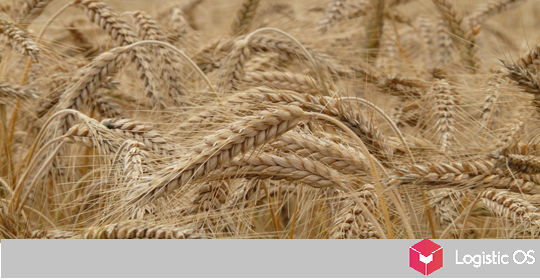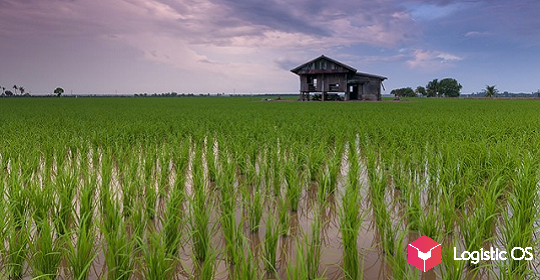Over the past 20 years, Turkey has greatly increased the volume of agricultural production and has become the leader in the growth rate of this indicator among European countries.
To make it possible to achieve such outstanding results, the country’s government had to help with investments.
In total, $70 billion in cash incentives and farm grants were provided from 2002 to 2022.
If we evaluate the total amount of money that was invested in the agricultural sector during this time, it will be a value of $1 trillion.
However, the economic effect of such investments is more than impressive. Türkiye has become one of the ten largest agricultural economies in the world.
Its total agricultural production in 2022 amounted to $56 billion. At the same time, it is planned that the country will continue to develop along this path.
In this case, the volume of agricultural products could reach $113 billion by 2030, and $273 billion by 2050.
Over the past year, the country harvested 8.5 million tons of corn, 2.7 million tons of cotton, and 2.5 million tons of sunflower. All of these are record values.
There is also significant growth in livestock farming. Over the past 20 years, the number of cattle in Turkey has increased significantly: from 10 million heads to 17 million.
In terms of aquaculture production, Turkey currently also ranks undisputedly first among all European countries.
In addition, honey production in the country has more than doubled over the past 20 years. Its production is not only growing quantitatively, new varieties are constantly being registered, and even a “honey map” has been created indicating which variety is produced in which territory.
How is Turkey’s export situation?
Currently, agricultural exports amount to about $34 billion. At the same time, Türkiye occupies a leading position among other countries in many respects.
For example, it supplies the world market with 64% of hazelnuts and 25% of quinces, cherries and figs, as well as apricots.
Türkiye is actively developing seed production
While Russia is still trying to solve the problem of import substitution of seeds, Turkey has long become a major exporter in this area.
Over the past 20 years, the number of Turkish companies involved in seed production has grown from 120 to almost 1,100.
Accordingly, the volume of seed products produced by these companies has increased exponentially: from 145 thousand tons to 1.4 million tons.
Seed exports currently bring significant income to Turkey; we can talk about up to $233 million.

